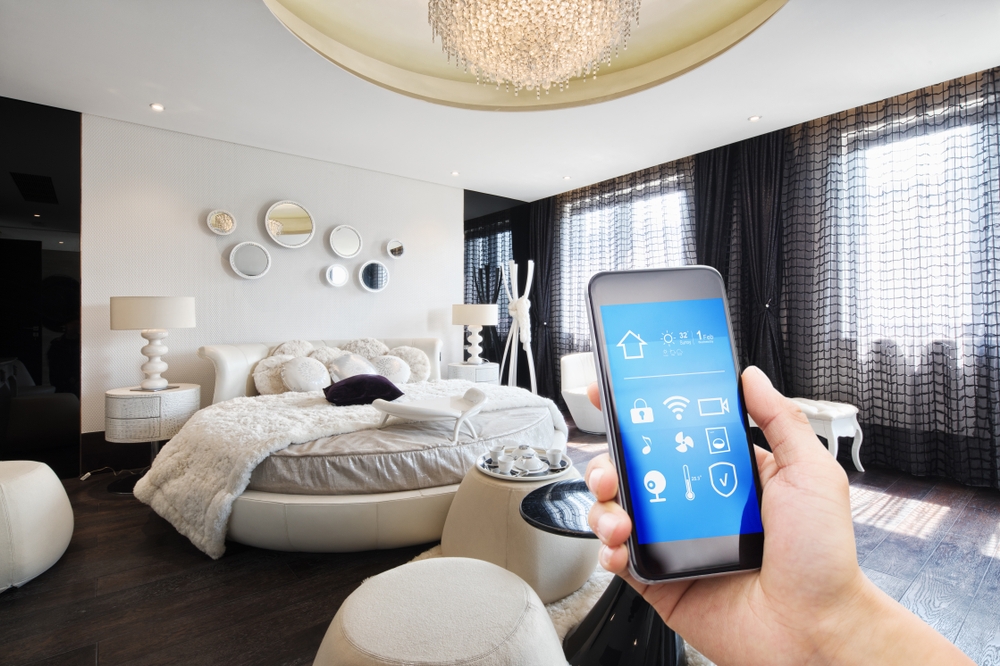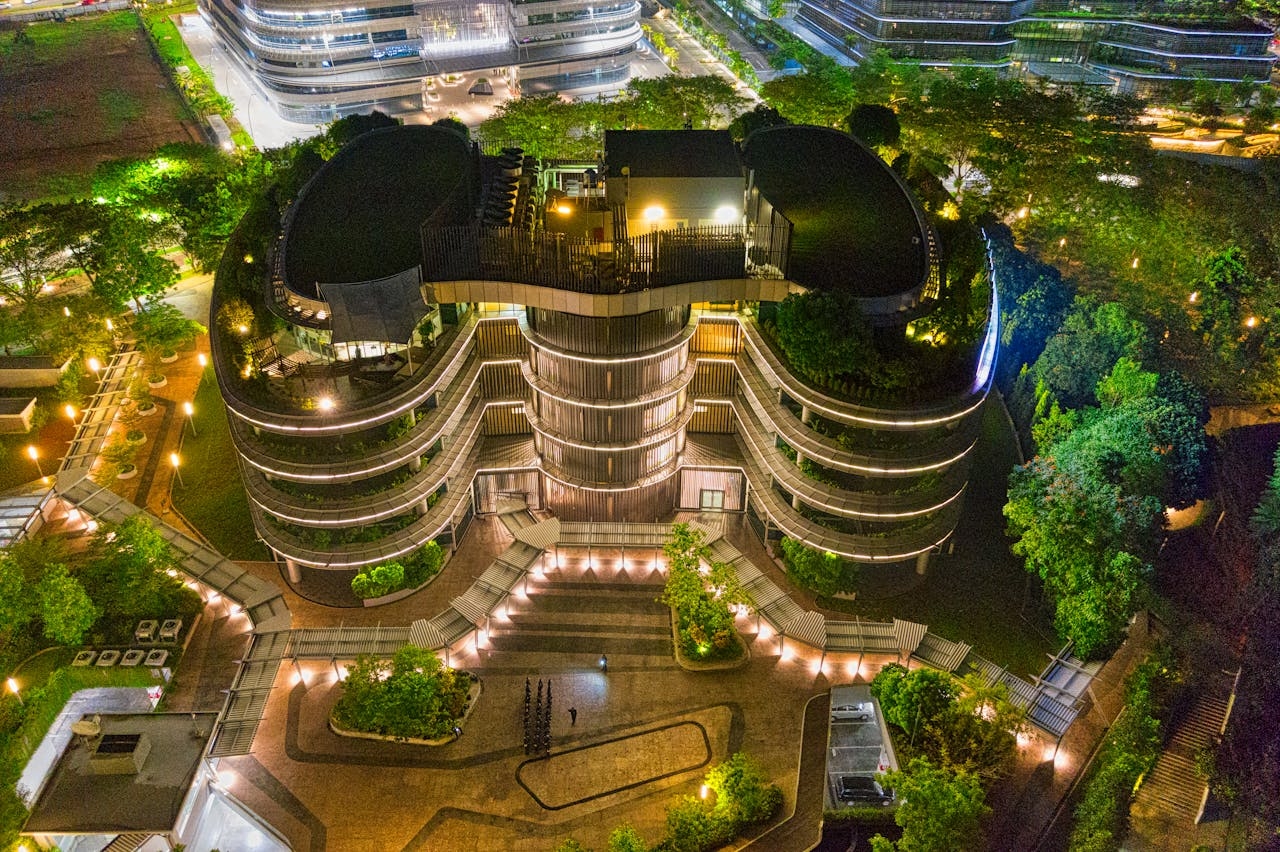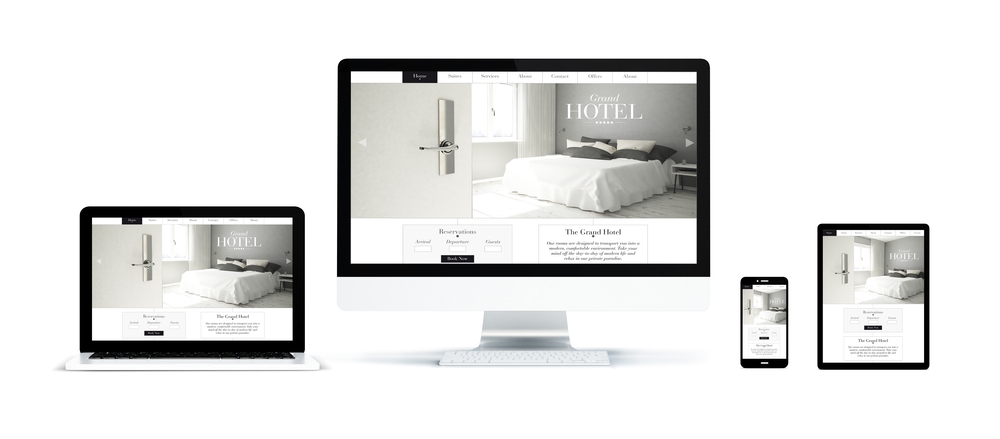How Hotels Can Differentiate Themselves in a Competitive Market
By Hamza Benhlima · 18. April 2024
What sets a hotel apart from its competitors?
To stand out in a competitive market📈, hotels offer various experiences and value.
This blog post looks at some practical strategies hotels can use to differentiate themselves, from developing a strong brand identity to using technology and promoting a sustainable ethos.
Key Takeaways
- Hotels can stand out by developing a unique brand identity through core values, visual branding, and consistently reflecting these in every aspect.
- Greater guest satisfaction is achieved by personalising service, ensuring exceptional service standards and introducing technological innovations like smart room features to create memorable moments.
- Sustainability and community engagement are important for modern hotels, where green practices and local partnerships boost a hotel’s reputation and contribute to social and environmental well-being.
Crafting a Unique Brand Identity
 Rolls of Clean Hotel Towels in a Basket
Rolls of Clean Hotel Towels in a Basket
In the hotel industry, a powerful brand can elevate your business. A strong brand identity sets you apart from competitors, aligns with your core values, and shapes every guest interaction.
Aligning your brand’s name, logo, design, and storytelling with its core values isn’t just about aesthetics; it’s about building trust and ensuring consistency in guest experiences.
When done well, loyal guests often become brand ambassadors and promote your hotel through word-of-mouth, which plays an important role in building and maintaining a strong hotel brand.
Defining Your Hotel’s Core Values
Core values play a crucial role in defining success in the hotel industry. They shape the brand identity, drive decision-making, and influence every aspect of the hotel’s strategy.
From design elements like logos to guest experiences and community relations, these values should be reflected throughout the hotel’s operations.
This differentiation sets your hotel apart, making it stand out in the competitive hospitality landscape and contributing to its success.
No matter if it’s a high-end hotel chain or a charming boutique located in a quiet city corner, every hotel should embody its core values across all operations.
From logo designs to guest interactions and community engagement, these values distinguish your hotel, setting it apart in the bustling hospitality industry and fueling its success.
Visual Branding Elements
Visuals speak louder than words, and this couldn’t be truer in the hotel industry.
The hotel’s name and logo are the key to its brand’s visual identity, play an integral role in brand recall and alignment with the hotel’s core values.
They are the first point of contact for potential guests on social media platforms, marketing campaigns, and the hotel website, making them critical elements of your branding strategy.
Elevating Guest Experiences to New Heights
 happy couple with hotel receptionist
happy couple with hotel receptionist
In this industry, the golden rule is clear: Happy guests equal successful hotels. And how do we ensure that happiness?
By personalising services, focusing on the finer details, and delivering exceptional customer service to ensure guest satisfaction.
Whether it’s a luxury hotel providing tailored concierge services or a boutique hotel remembering a guest’s favourite breakfast item, hotels that exceed basic expectations to cater to individual preferences not only boost guest loyalty but also leave a lasting impression.
But let’s delve deeper. Let’s break down the umbrella term of ‘guest experience’ into specific strategies:
- Personalised concierge service
- Remembering guest preferences
- Providing unique amenities and services
- Creating a welcoming atmosphere
- Offering exceptional customer service
- Anticipating and exceeding guest needs
Implementing these strategies can enhance the overall guest experience and distinguish hotels from their competitors.
Cultivating Exceptional Service Standards
In the world of hospitality, service is king. Cultivating exceptional service standards is like threading a pearl necklace; each pearl representing a staff member, the thread representing the shared commitment to quality.
Empowering staff through targeted training, which includes teaching guest recognition and engagement skills, is a crucial step in this direction.
In the event of service lapses, quick and effective compensation for guest inconveniences can not only resolve issues but also exceed their service expectations, reinforcing the hotel’s commitment to quality and customer satisfaction.
Providing guests with valuable recommendations and improving their overall stay experience is another facet of superior customer service that can lead to positive outcomes such as stellar online reviews, guest referrals, and increased likelihood of return visits.
Tailoring Experiences to Guest Preferences
Personalisation in the hotel industry is key, and it starts right from the booking process.
Personalising welcome messages and emails by incorporating the guest’s name and reservation details creates a feeling of being valued and sets the tone for a tailored guest experience.
But why stop there? Picture stepping into your hotel room to find your favourite snacks, or the pillows you prefer.
Tailoring room setups based on guest profiles directly enhances the stay, making it more memorable.
And with technological advancements like artificial intelligence and mobile technology, hotels can provide personalised experiences, staying competitive and meeting the ever-evolving expectations of customers.
Creating Memorable Moments
Luxury hospitality, such as luxury hotels and boutique hotels, aspires to do more than just offer a comfortable stay; it seeks to craft transformative experiences that linger in guests’ life stories.
Hotels can utilise guest data to personalise loyalty program rewards, offering enticing perks such as:
- room upgrades
- complimentary services
- customised itineraries
These personalised rewards contribute to memorable experiences for guests.
Leveraging Technological Innovations
In an era of digital transformation, even the hospitality sector is getting a digital makeover. Today, hotels are diving headfirst into the latest tech trends to stay ahead of the game.
An innovation-centric approach in hospitality enables hotels to come up with inventive technological solutions, so they can keep up with the ever-changing market.
But how is this approach implemented in practice? Let’s find out.
Smart Room Features
 smart hotel room with mobile phone control
smart hotel room with mobile phone control
You walk into your hotel room and take out your smartphone. With just a tap, you’ve got the power to adjust the temperature, dim the lights, and even tweak the window blinds.
Welcome to the world of smart hotel rooms, where guests have control over their environment, taking personalisation to a whole new level.
These rooms are equipped with keyless entry systems, wireless charging stations, smart mini-bars, and digital room service applications, enhancing convenience and user experience.
Plus, smart TVs and smart mirrors offer guests advanced entertainment and information features, with access to streaming services and real-time updates on news and weather, taking the guest experience to even newer heights.
Innovative Marketing through Social Media Platforms
In today’s social media-driven world, hotels are using multiple social media platforms to craft an effective social media strategy that allows them to:
- Engage potential guests
- Share unique content
- Offer deals
- Gain visibility through advertising and influencer partnerships
Through these social channels, hotels are also showcasing their commitment to sustainability and community engagement. It’s all about building that brand presence and connecting with guests who share those same values.
Fostering Sustainability and Social Responsibility
With the world becoming increasingly environmentally aware, hotels are adapting accordingly.
Incorporating sustainable practices can enhance a hotel’s brand image and appeal to guests who prioritise eco-friendly options. But that’s not all!
Hotels are also engaging with their local communities, building partnerships that support economic and social growth in the area.
Let’s dig a little deeper into this.
Green Hotel Practices
 Green ecofriendly modern hotel Indonesia
Green ecofriendly modern hotel Indonesia
Eco-friendly hotel policies and practices such as energy efficiency, waste reduction, and sustainable sourcing not only significantly lower a hotel’s environmental impact but also catch the eye of eco-conscious travellers.
By adopting strategies like:
- installing smart energy systems that adjust usage when rooms are empty
- running environmental audits to measure their impact
- reducing water consumption
- utilising renewable energy
- implementing waste reduction programs
hotels are contributing to both environmental sustainability and cost savings. These efforts are part of the industry’s commitment to embracing sustainability.
Community Engagement
Hotels are engaging with their communities, teaming up with local organisations and businesses.
These partnerships, whether through events or other initiatives, help give the area an economic and social boost, further enhancing the reputation of the hotels.
Participation in community-focused programs such as tree-planting and beach clean-ups, and collaborations with local conservation organisations, make hotels more appealing to guests.
It’s a win-win situation for all.
Enhancing Online Visibility and Direct Bookings
A hotel’s online presence is just as important as its physical one. By fine-tuning their Google Business Profile listings, hotels can appear in regular organic listings, bringing in more bookings.
But the journey doesn’t end there.
Let’s take a look at how a hotel’s website plays a key role in attracting and retaining guests, and how competition analysis plays a role in this process.
Optimizing the Hotel Website for User Experience
 hotel website mockups
hotel website mockups
A clean and attractive website design can make a good first impression, setting the stage for potential guests to explore further.
The site’s visual identity should reflect the brand’s values, ensuring a coherent experience that resonates with guests.
Stunning, high-quality pictures, clear language, and a user-friendly booking process are key elements of a hotel website design. Adding features like:
- background videos to highlight the beauty of the location
- virtual tours to give guests a sneak peek
- interactive maps to show nearby attractions
Hotels can attract customers by visually showcasing what they can experience.
Additionally, providing content in multiple languages ensures that the hotel appeals to a global audience, making the user experience a breeze for everyone.
Building Partnerships and Local Alliances
In the hotel industry, collaboration is key. By teaming up with local businesses and activity providers, hotels can offer guests exclusive and unique experiences that make them stand out from the competition.
Co-Marketing Opportunities
Joint marketing campaigns between hotels and local businesses can increase the visibility and attractiveness of offers to potential guests, mutually boosting visibility and customer base.
Some examples of co-marketing partnerships include:
- Joint promotions and discounts
- Collaborating on events or workshops
- Cross-promoting each other’s products or services
These partnerships can be a win-win situation for everyone involved.
Additionally, when hotels collaborate with nearby attractions, they can create packages that include both a place to stay and tickets to local hotspots.
And by recommending places to eat and explore nearby, they’re making sure guests have the best experience possible.
Summary
The success of a hotel in a competitive market relies on building a strong brand identity and delivering exceptional guest experiences.
Embracing newer technologies and sustainable practices keeps hotels relevant and aligns with modern consumer expectations.
Moreover, forming partnerships and connecting with the local community boosts appeal and creates valuable marketing opportunities.
Ultimately, it’s the attention to every little detail, from the aesthetics of the website to the comfort of guest rooms, that creates memorable stays and sets a hotel apart from the competition.
Frequently Asked Questions
How can a hotel create a unique brand identity?
To create a unique brand identity, a hotel can align its name, logo, design, and storytelling with its core values for consistent guest experiences. This can differentiate the hotel from others in the industry and leave a lasting impression on guests.
What role does technology play in enhancing guest experiences?
Technology enhances guest experiences by personalising and customising their stay, from smart hotel rooms to personalised welcome messages.
How can hotels incorporate sustainability into their operations?
Hotels can incorporate sustainability into their operations by adopting eco-friendly policies and practices, such as energy efficiency and waste reduction, and by engaging in community-focused programs and collaborations with local conservation organisations.
What is the importance of co-marketing opportunities for hotels?
Co-marketing opportunities for hotels are important because they enhance visibility, attract more customers, and provide combined packages that enhance the guests’ value proposition. This can ultimately lead to increased bookings for the hotel.
How can hotels optimise their website for user experience?
Hotels can optimise their website by focusing on a clean design, high-quality images, clear language, and a smooth booking process. It’s also beneficial to offer content in multiple languages.

